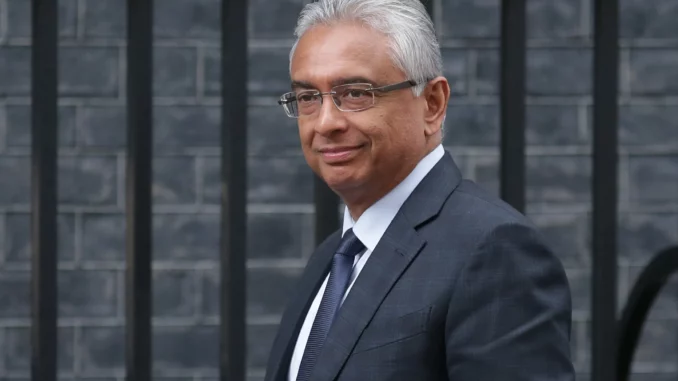
In a significant development that has shaken Mauritius’ political establishment, former Prime Minister Pravind Jugnauth has been granted bail following his arrest on money laundering charges. The case, involving approximately 114 million Mauritius rupees ($2.5 million), marks a dramatic turn in the island nation’s political landscape.
The Financial Crimes Commission’s investigation culminated in a carefully orchestrated operation, with detectives conducting thorough searches of Jugnauth’s residence and other locations. The court’s decision to release him came with strict conditions, including explicit prohibitions against witness interference and unauthorized case discussions, as outlined by Magistrate Rishan Chineah at the Port Louis bail and remand court.
This high-profile case emerges against a backdrop of broader financial scrutiny in Mauritius. The current administration, led by Prime Minister Navin Ramgoolam, recently initiated a comprehensive audit of public finances, questioning the accuracy of previous government data. The investigation’s scope widened last month when the former central bank governor was detained on conspiracy to commit fraud charges.
For Mauritius, an Indian Ocean archipelago that has positioned itself as a strategic offshore financial center bridging Africa and Asia, these developments carry significant implications. The case threatens to impact the nation’s carefully cultivated image as a stable financial hub, while simultaneously demonstrating the current government’s commitment to financial transparency and accountability.
